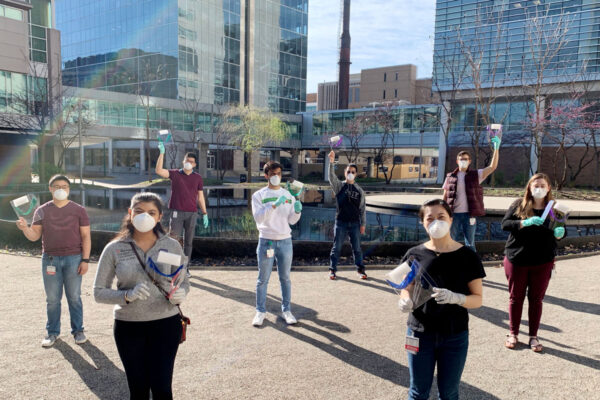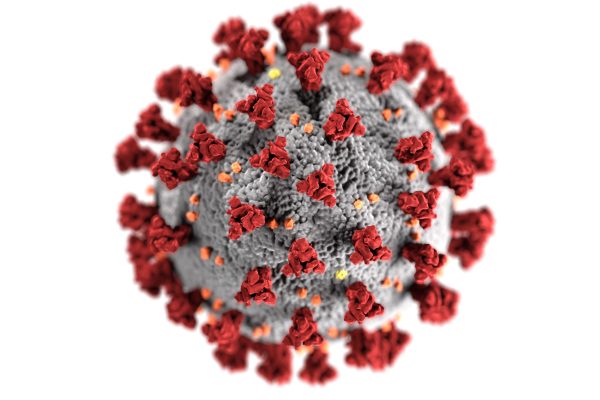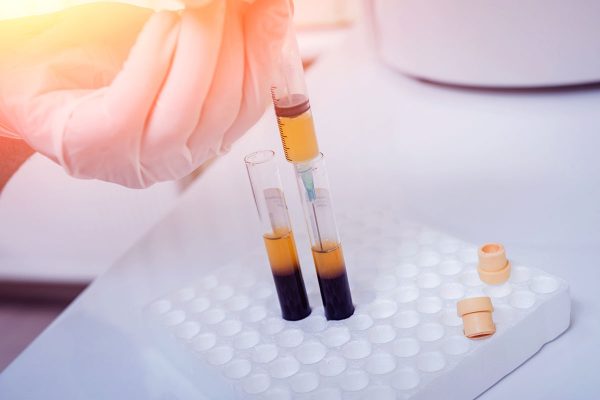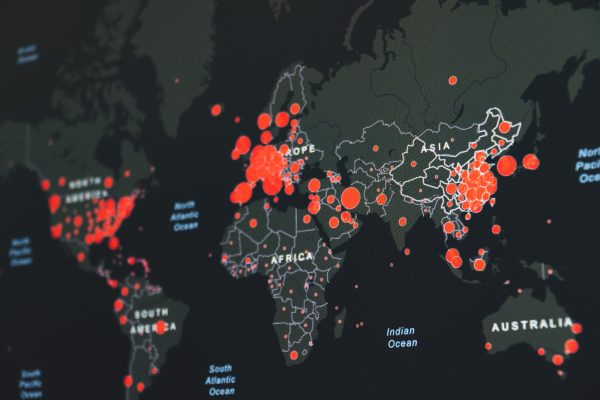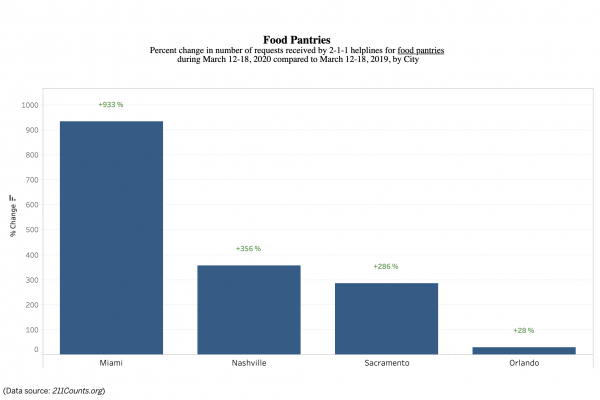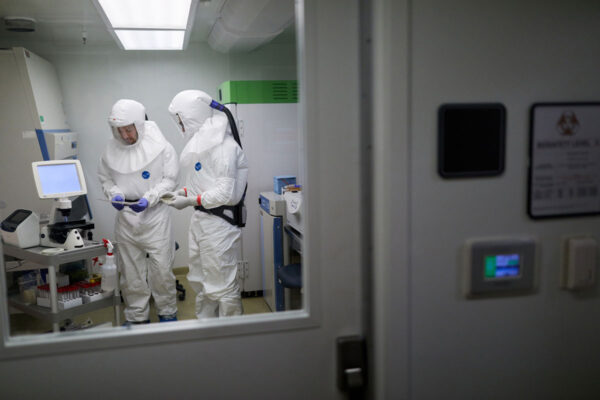Medical Campus students mobilize to help health-care workers, community
As the novel coronavirus has accelerated its spread throughout the Midwest and across the U.S., scores of students on the Washington University Medical Campus have mobilized to support health-care workers and the St. Louis community in the fight against the global pandemic.
WashU Experts: Coronavirus fact vs. fiction
As the coronavirus continues to spread across the nation, a number of false conclusions and rumors have spread with it. Three epidemiologists in public health at Washington University in St. Louis separate the truth from myth.
WashU Expert: Older Americans are not expendable
Many countries reacted slowly and inadequately to the spread of COVID-19. Some critics have said this is due to initial reports of the disease, which indicated that it mainly affected older populations. “Older adults are not some kind of expendable commodity,” said Nancy Morrow-Howell, the Betty Bofinger Brown Distinguished Professor of Social Policy at the Brown School at Washington University in St. Louis and an international leader in gerontology.
Possible COVID-19 treatment: transfusion of antibodies from recovered patients’ blood
Researchers at Washington University School of Medicine in St. Louis and elsewhere are investigating whether transfusions of blood plasma from people who have recovered from COVID-19 can prevent or treat the disease. The approach was used with some success during the 1918 influenza pandemic.
Coronavirus crisis highlights need for health insurance in Missouri and other states
Tim McBride, the Bernard Becker Professor at Washington University in St. Louis’ Brown School and a leading health economist, said that the coronavirus outbreak will exacerbate problems in Missouri’s public health systems, which were already underfunded relative to most of the rest of the country, as well as issues facing low-income residents with challenges accessing medical care.
WashU Expert: Don’t overlook health equity during coronavirus crisis
We must consider this coronavirus crisis as a wake-up call to prioritize equity and challenge ourselves to consider how to better serve historically underserved communities, says a public health expert at Washington University in St. Louis.
Help line requests for food skyrocket as pandemic spreads
In the first week since COVID-19 was designated a pandemic, requests for food pantries skyrocketed across the United States. Requests for home-delivered meals more than tripled in the same time period, said a Brown School researcher who tracks calls to the national 2-1-1 helpline.
School of Medicine physicians, researchers tackle coronavirus
Soon after a novel coronavirus first appeared, School of Medicine researchers, doctors and staff began preparing for a possible outbreak. Infectious disease physicians started planning how to respond, and researchers got to work finding drugs or vaccines for COVID-19.
Do Well, Do Good: WashU alum Sara Miller wants to close the organ donation gap
Sara Miller, WashU alum, founded SODA, an organ donation advocacy group on campus to educate students.
Parents’ social isolation linked to their children’s health
Parents’ social isolation was linked to self-reported poorer health not only for themselves but also for their adolescent children, finds a study from the Brown School at Washington University in St. Louis.
Older Stories
